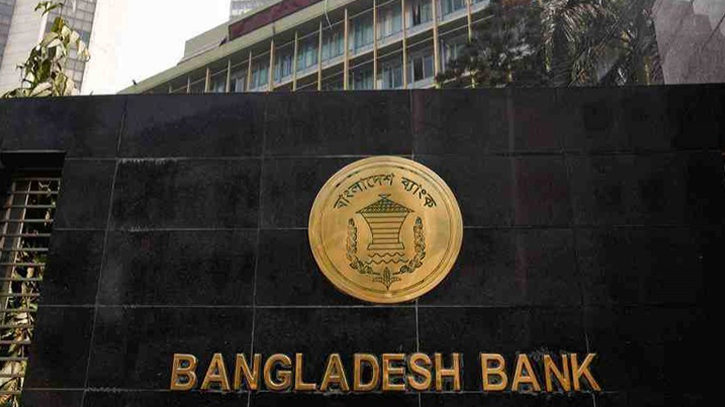
Photo: Collected
Economist and researcher Dr. Ahsan H Mansur has highlighted discrepancy in reported financial figures, saying that Bangladesh Bank reports 11 percent non-performing loans (NPLs), but the actual figure is 25 percent.
He also warned that increasing supply liquidity to Shariah-based banks could drive inflation and devalue the taka, urging immediate intervention to stabilize the banking sector.
Dr. Mansur, speaking at the Economic Reporters’ Forum (ERF) dialogue on ‘Causes of Crisis in the Banking Sector’ held at the organization’s auditorium in Paltan, Dhaka, called for a tight contractionary monetary policy aligned with the inflation targets. “The central bank needs to hike policy interest rates, halt currency printing, withdraw remittance incentives, and adopt market-based interest and exchange rates,” he asserted.
He emphasized the necessity of a strong forex reserve to maintain the confidence of donor agencies and foreign investors in Bangladesh.
Addressing persistent issues in the banking sector, Dr. Mansur, who also serves as Executive Director of the Policy Research Institute (PRI), criticized the ongoing neglect of systemic problems. Reforms to eliminate bad practices in the financial sector are essential for economic benefits, he noted. The sector’s problems, including bad loans, irregularities, corruption, and money laundering, cannot be resolved by concealing them, he added.
Dr. Mansur called for a comprehensive cleanup initiative spearheaded by the government and involving the central bank. “Massive reforms in the financial sector require strong political commitment. Concealing data or manipulating information about defaulted loans or GDP will not aid recovery,” he warned.
He drew parallels with India’s financial reforms in the 1990s, saying that India’s extensive reforms brought their financial sector back to stability. Similar measures are now needed in Bangladesh.
Messenger/UNB/Nishat








